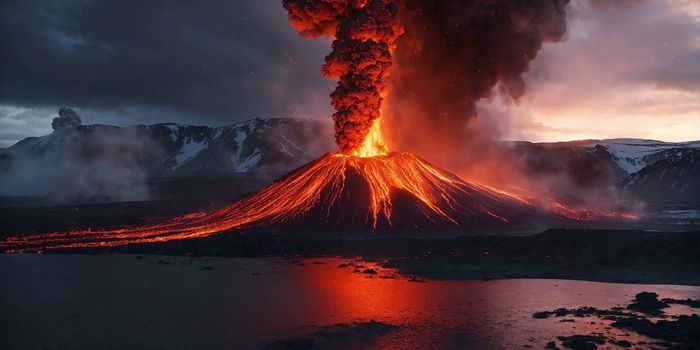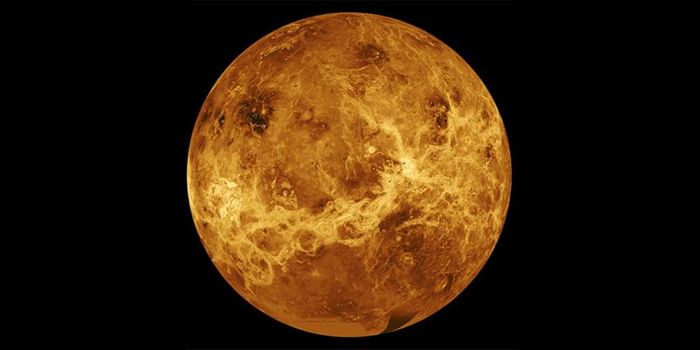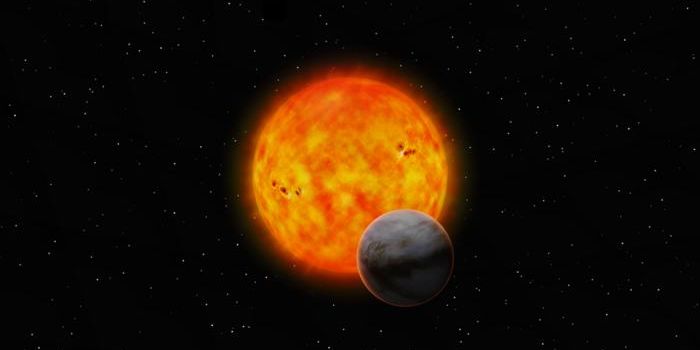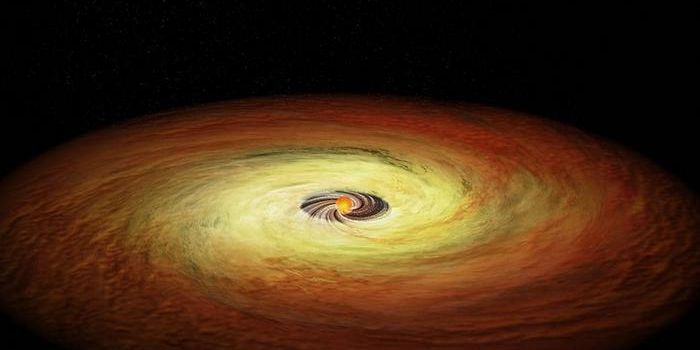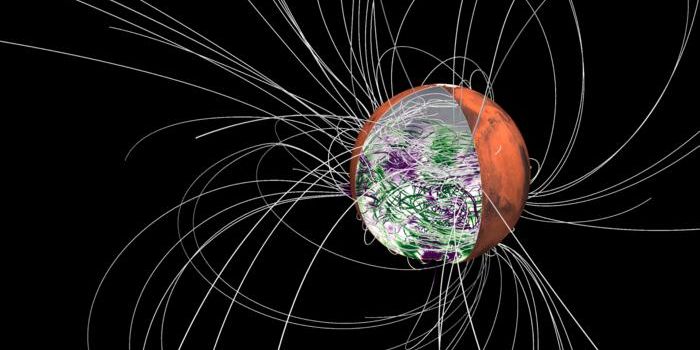Three Astronauts Arrive at ISS in First Crewed Soyuz Launch Since Critical Failure
A Russian Soyuz rocket safely delivered three new astronauts to the International Space Station on Monday, marking the first successful crewed launch since the critical Soyuz failure that plagued a crewed launch and forced astronauts to abort their mission in mid-air in October.
Image Credit: NASA/Aubrey Gemignani
The Soyuz rocket, which blasted off from the Baikonur cosmodrome in Kazakhstan at 6:31 A.M. Eastern time, lofted Anne McClain of NASA, David Saint-Jacques of the Canadian Space Agency, and Oleg Kononenko of Roscosmos into space without any observable problems.
As you can probably imagine, many of those watching the launch responded with a sigh of relief considering the circumstances that went down just a couple of months ago. Approximately eight hours after the launch, the crewed capsule docked with the International Space Station with the help of its robotic arm.
The three astronauts were permitted to board the Earth-orbiting space lab shortly after the successful docking attempt. They joined current International Space Station crew members Serena Aunon-Chancellor of NASA, Sergei Prokopyev of Roscosmos, and Alexander Gerst of the German space agency, bringing the International Space Station back up to full capacity. The latter three astronauts are scheduled to return to Earth by December 20th.
Notably, McClain and Saint-Jacques were both first-time visitors to the International Space Station. Kononenko, on the other hand, has visited the International Space Station at least four different times throughout his space-centric career.
A live stream of Monday’s launch has been embedded below for your viewing pleasure:
Related: SpaceX poised to bring crewed launches back to American soil
The International Space Station recently received a fresh batch of supplies from two separate rocket launches, which will not only continue to sustain the existing crew members, but also those that joined them on Monday. They’re scheduled to spend at least six months onboard the International Space Station, conducting various experiments that will help humankind better understand outer space.
While the failed rocket launch in October prevented NASA astronaut Nick Hague and Russian cosmonaut Alexei Ovchinin from reaching the International Space Station, they’re reportedly being rescheduled to launch at the end of February. At that time, they’ll join McClain, Saint-Jacques, and Kononenko to bring the International Space Station’s headcount up to five.


